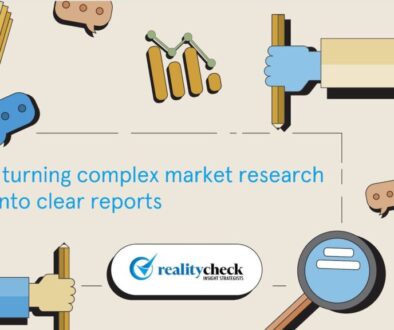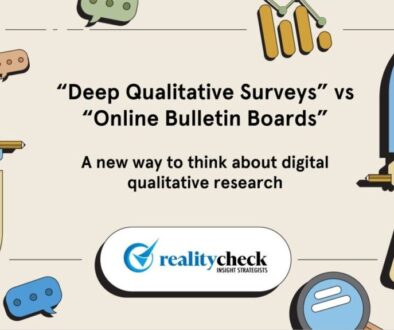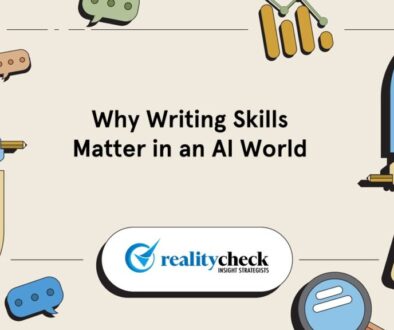The Art of Slowing Down
In Brief
In a world obsessed with speed and rapid “insights,” slowing down may feel counterintuitive. But thinking more intentionally—especially at the start—leads to smarter questions, better methods, and stronger stakeholder impact. This isn’t about ritual optimism; it’s about practical clarity. Purposeful pauses can be your research superpower.
The Pressure to Move Fast
“We need results yesterday” is the default tempo for many teams. Agile sprints, shrinking budgets, and tight launch deadlines create an ecosystem where speed trumps substance. But the risk is clear: rushed research produces flimsy insights—ones that can misdirect strategy or get lost in clutter.
Why Slowing Down Isn’t Wasted Time
Putting in extra time early on isn’t inefficient—it’s smart. It enables you to:
• Clarify what you’re really asking
• Design the right methodology
• Reflect and synthesize meaningfully
According to a recent study, rapid qualitative methods risk “sacrificing depth and rigor for speed, potentially overlooking longer-term or more complex issues.” Slowing down early avoids later rework—or “insight regret.”
What Moments to Slow
• At the start: Define whether your goal is learning, alignment, or justification.
• In method selection: Choose a method that fits, not one that’s just “fast.”
• During synthesis: Give time for real reflection, not just theme-listing.
The Cost of Rushing
• Overlooking emotional or cultural signals
• Producing generic insight reports that don’t land
• Missed opportunities to drive real organizational change
A Slower Approach That Moves Brands Faster
Slower isn’t slower—it’s strategic. Thoughtful scoping saves hours after the fact. Cleared-up expectations reduce chase cycles. Depth builds credibility, which accelerates buy-in and execution. As one recent take puts it: “Move fast when you can. Slow down when you should. And remember, clarity is not always a by-product of pace” .
How RealityCheck Makes Intentional Slowing Practical
We embed designated reflection sprints into our projects and build method checkpoints that ensure questions stay sharp. As we shared in our recent post on AI and empathy, intentionally slowing down your thinking in order to ramp up insight quality is an invaluable skill.
In Closing: Speed Isn’t a Measure of Insight Quality
Rushing research undercuts its purpose. Slowing down, strategically, makes your insights more reliable, more resonant, and more likely to spark action. It refocuses teams from checking boxes to asking bigger questions—and from cheaper outputs to smarter outcomes.
If your next project feels rushed, let’s talk about ways to slow down constructively—and move faster toward real impact.
























